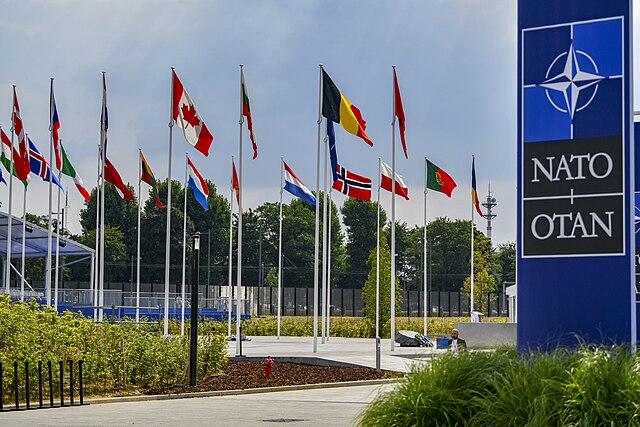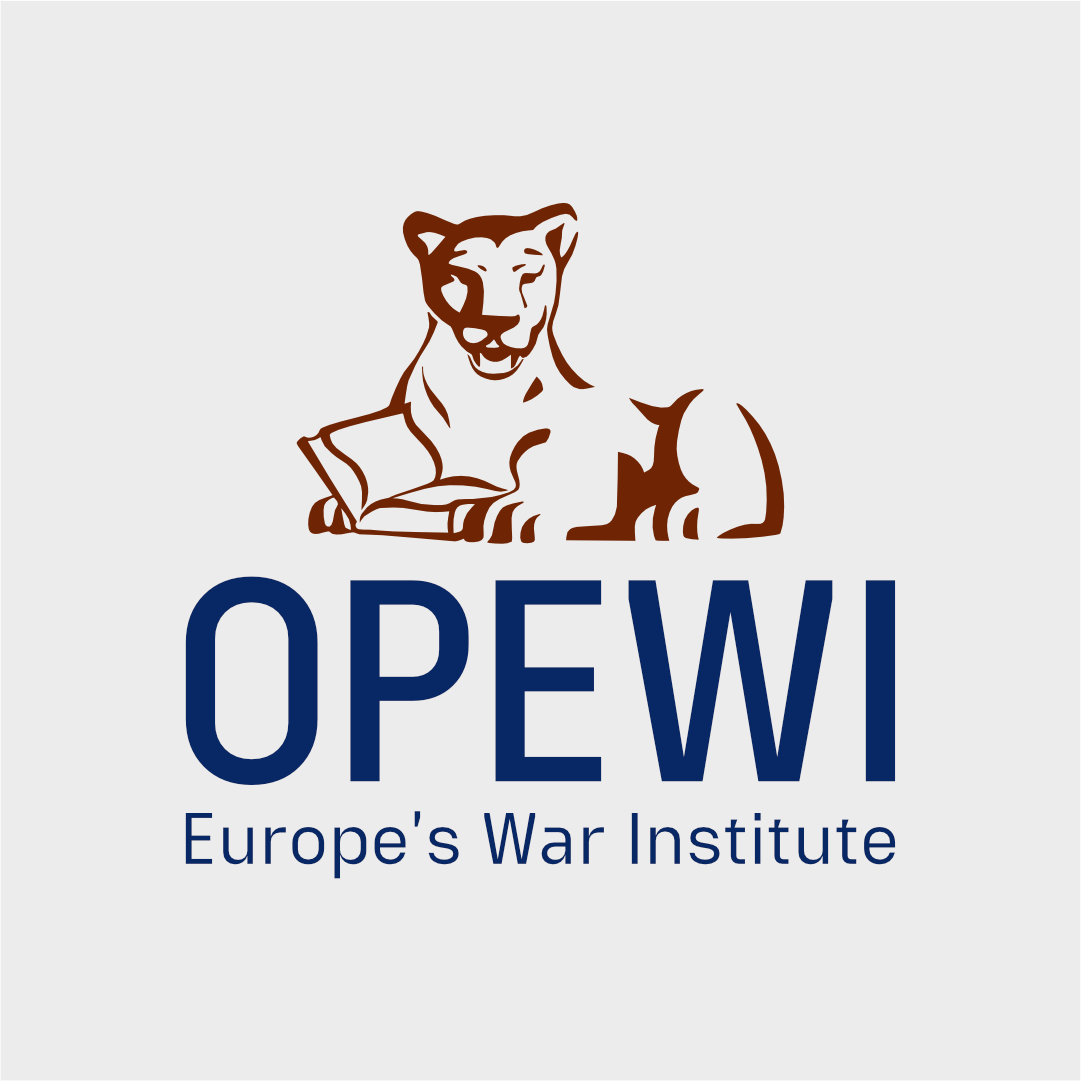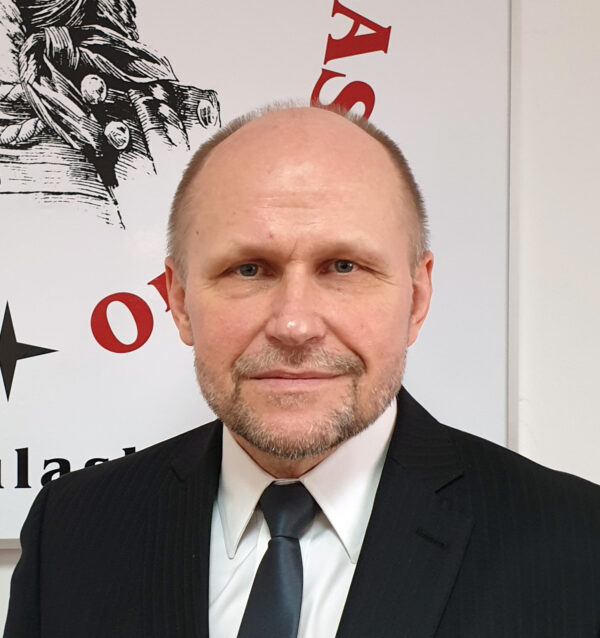
Madrid NATO Strategic Concept: Qualitative Change or Semantic Healing?

Dr Andrzej Fałkowski, Lt. Gen. (Ret.), is the Military Director of OPEWI. He is also a Senior Fellow at the International Security and Defence Programme of the Casimir Pulaski Foundation.
Please note that this paper was originally published by the Casimir Pulaski Foundation.
The North Atlantic Treaty is like the constitution of an organisation, inviolable and containing more universal and indisputable content. The Strategic Concept, on the other hand, is a kind of NATO signpost, defining the directions important for the Alliance countries for the coming years. The new Strategic Concept adopted during 2022 NATO Summit should not be considered in isolation from other decisions taken in Madrid. There were more, both official and off-the-record, which we may never know, or we will find out many years later. Since the Madrid Concept will be the Alliance’s compass for the next decade (the previous one lasted nearly 12 years), it is worth examining the structure, logic and essential content of this document.
Concept design and content
Fortunately, the size of the document was limited to the necessary paragraphs only (49 in total), although the content contains many repetitions of the same issues in different context.
In addition to Preface (constituting an executive summary), the concept includes a description of Purpose and Principles and Strategic Environment. It also consists of several chapters interpreting the core tasks of the alliance, such as Collective Defence, hereinafter Deterrence and Defence (interestingly in the previous concept, these words were presented the other way around, as “Defence and Deterrence”). At the same time, the adjective Collective is used in association not only with defence, but also appears as Collective Resilience, Collective Security, or Collective Commitment in various terms.
In turn, the “prevention” component has been added to crisis management (earlier), and now we have Crisis Prevention and Crisis Management. As for the Alliance’s third core task, Cooperative Security, its name remains unchanged, but many geographic regions – that were not even mentioned before – have been identified. The document ends with a chapter of Ensuring the Alliance’s Continued Success, which is the euphemistic name for a chapter that boils down to guaranteeing that adequate resources are provided for the alliance’s defence activities. Other semantic trickeries include consistent use of the Russian Federation name, not Russia as it was in the Lisbon paper…
To continue reading, follow this link.
Image: Wikimedia Commons, Public Domain


